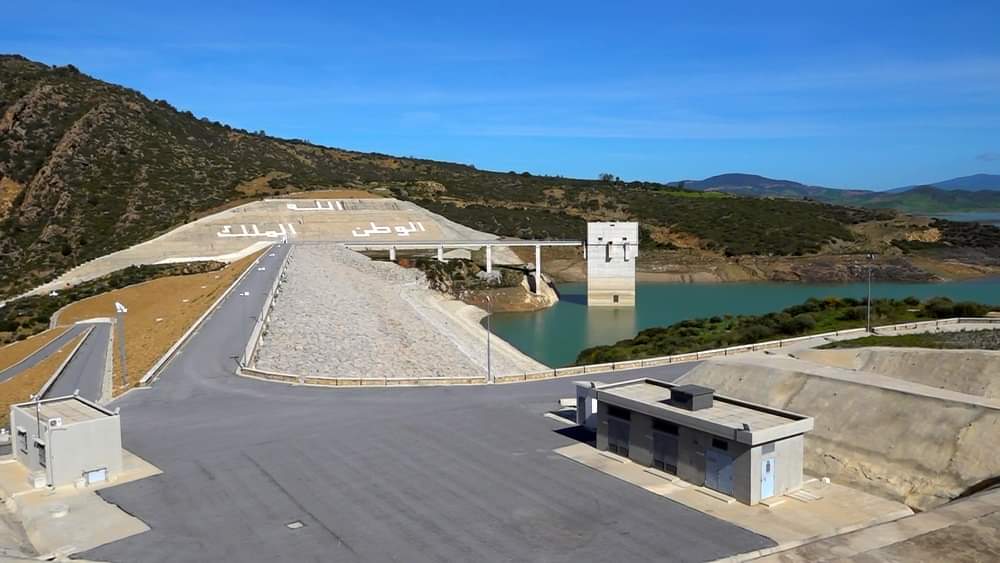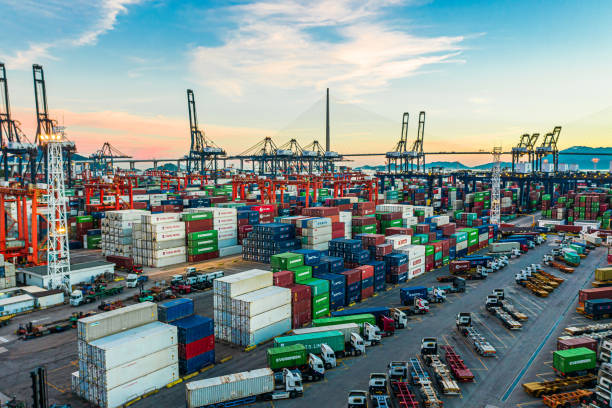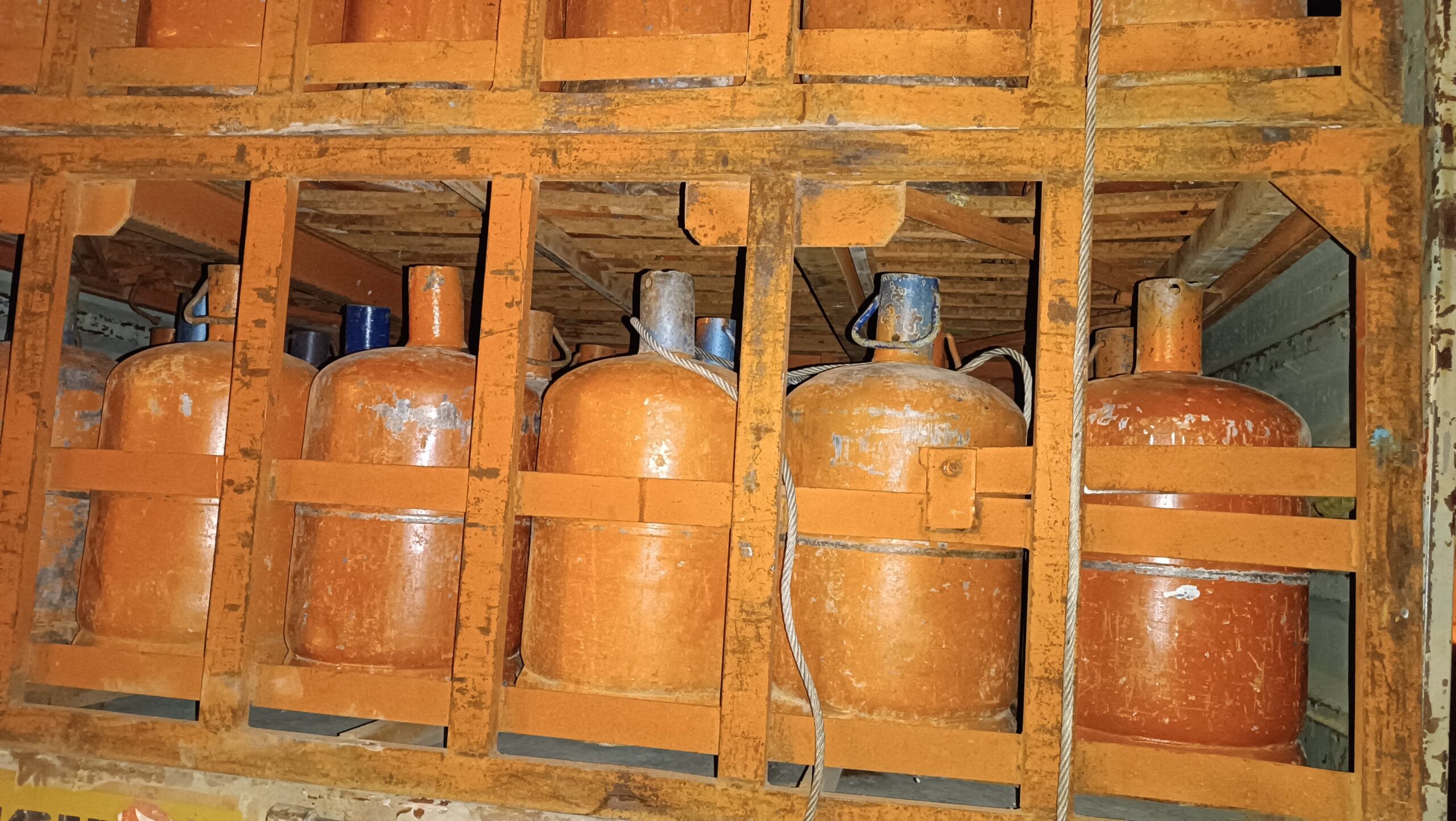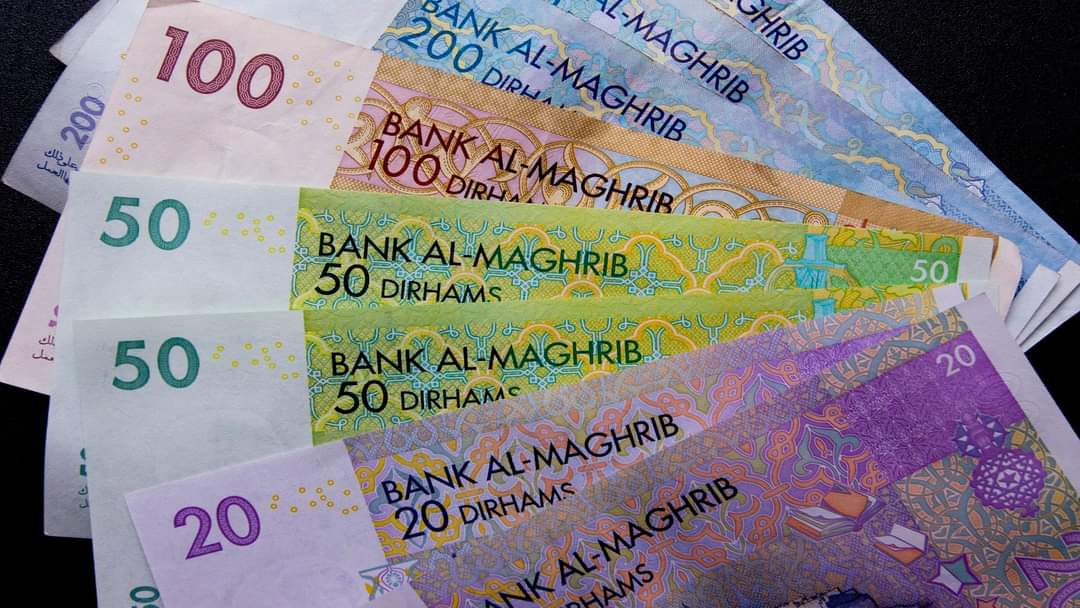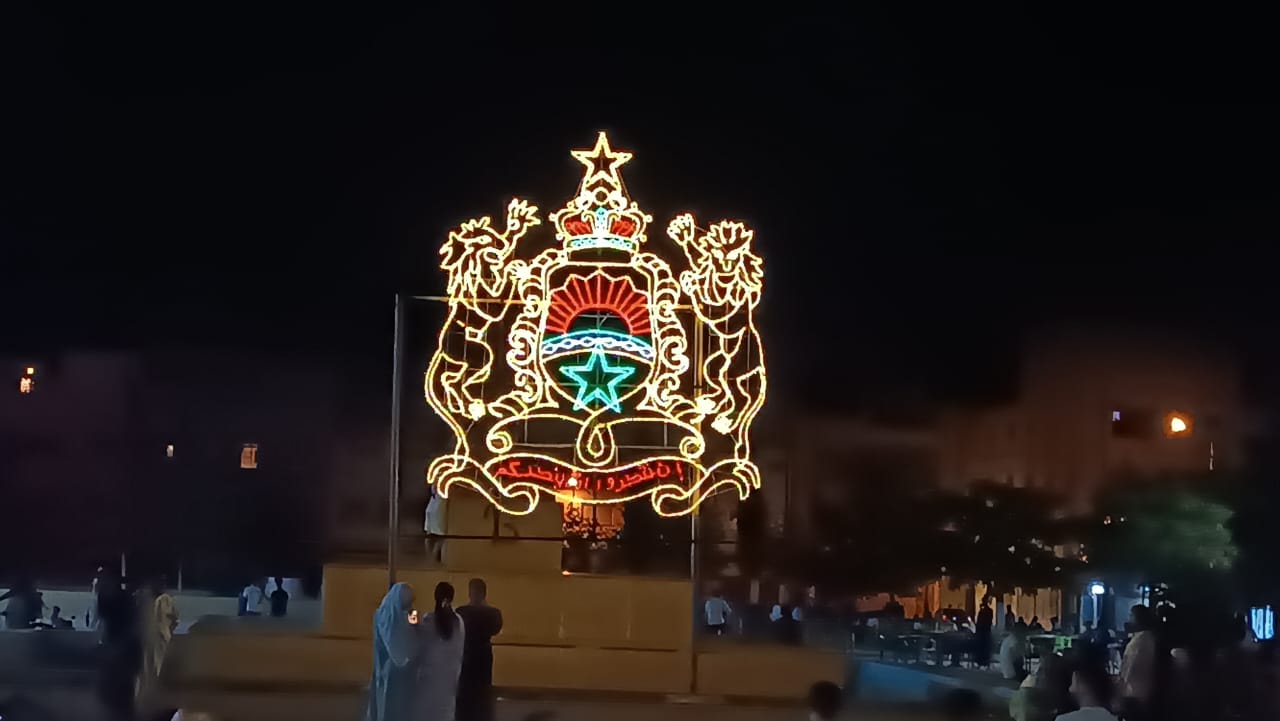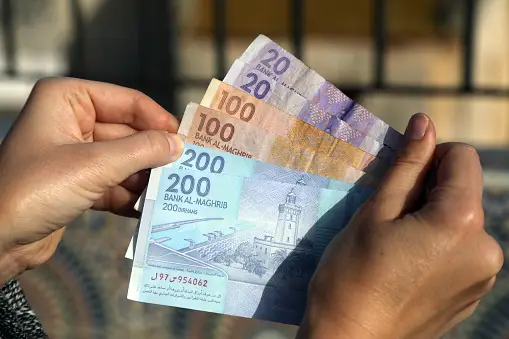Casablanca – In a landmark speech marking the 26th anniversary of his accession to the throne, King Mohammed VI reaffirmed Morocco’s commitment to inclusive development and the consolidation of a strong social state. The speech, delivered to the nation on the evening of July 29, emphasized the need to move beyond traditional social development approaches and embrace integrated territorial development to ensure that all citizens benefit from the country’s progress.
The monarch’s address comes amid ongoing social and economic transformations in the country, particularly following the general population census of 2024 and a series of structural reforms that have redefined the role of the state in reducing inequality and enhancing social cohesion.
From social development to territorial integration
At the heart of the King’s message was a call to shift from conventional social development strategies to a new model rooted in spatial equity. “Our goal is for the benefits of progress and development to reach all citizens, in all regions, without discrimination or exclusion,” King Mohammed VI stated.
He warned against a “two-speed Morocco,” where economic growth and infrastructure development fail to translate into tangible improvements in living conditions for all citizens. “No matter how advanced our economic indicators or infrastructure become, I will not be satisfied if they do not concretely enhance the quality of life for all segments of the population,” he affirmed.
The monarch stressed that it is time for a “real shift” in addressing social and regional disparities. He highlighted the urgent need to improve basic infrastructure and public services in rural and underserved areas, noting that some regions still suffer from poverty and fragility due to inadequate access to essential services.
New generation of territorial development programs
To address these disparities, King Mohammed VI announced that he had instructed the government to adopt a new generation of territorial development programs. These programs, he said, must value local specificities, reinforce advanced regionalization, and promote solidarity between regions.
The programs will be designed around clear priorities and high-impact projects. They will focus on:
- Boosting employment through the development of regional economic assets,
- Encouraging local investment and entrepreneurship,
- Improving access to essential social services, particularly education and healthcare,
- Promoting sustainable and proactive water resource management amid increasing climate pressures.
The King emphasized that these programs must be inclusive and based on coordination among various stakeholders, including local authorities, civil society, and the private sector.
Measurable progress in human development
The royal address highlighted notable achievements in social development over the past decade. Citing data from the 2024 census, the King reported a significant reduction in multidimensional poverty—from 11.9% in 2014 to 6.8% in 2024. Morocco has also moved into the “high human development” category as defined by the Human Development Index (HDI).
This progress reflects the cumulative impact of major initiatives launched in recent years, including the National Initiative for Human Development (INDH), the expansion of health coverage, and the rollout of targeted social assistance programs.
Since 2020, Morocco has been implementing a major social reform to extend social protection to all citizens by 2025. Key pillars of this reform include:
- Extending compulsory health insurance (AMO), now covering 87% of the population,
- Generalizing family allowances, aimed at supporting nearly 7 million school-aged children,
- Expanding pension coverage to 5 million informal and self-employed workers,
- Introducing unemployment benefits for formal workers facing income loss.
The Direct Social Assistance Program launched in late 2023 has already supported 3.9 million families, with an annual budget of over $2.60 billion.
Reforming healthcare and social rights
The King also linked the social state project to the broader reform of Morocco’s public health system. Investments made since 1999 have expanded hospital infrastructure, increased the number of healthcare workers, and introduced digital technologies to improve service quality and transparency.
Between 1999 and 2023:
- Hospitals increased from 128 to 169,
- More than 2,000 health centers were created,
- Nearly 200 hospitals were renovated,
- The number of doctors grew from 16,000 to 25,000,
- Nurses increased from 25,000 to 38,000.
Despite this progress, challenges remain. Around 8 million citizens are still not covered by health insurance, and insured individuals continue to bear about 50% of medical costs—twice the threshold recommended by the WHO.
Parallel to health reforms, King Mohammed VI reiterated his commitment to social rights and gender equality. The ongoing revision of the Family Code, also known as the Moudawana, aims to align family law with Morocco’s constitutional principles and international obligations on gender equality.
Legislative outlook
Looking ahead, the King also addressed the political calendar. With parliamentary elections scheduled for 2026, he called for the full legal framework governing the elections to be finalized before the end of this year. He instructed the Minister of Interior to begin political consultations and ensure proper preparation for the vote.
A long-term vision
The speech reaffirmed King Mohammed VI’s long-term vision of a Morocco that is fair, cohesive, and resilient. The social state project is not just a policy priority but a foundational element of national development—one that aims to guarantee dignity, opportunity, and stability for all citizens, regardless of their geographic or social background.
In closing, the King urged all stakeholders—government, institutions, and citizens—to unite behind this shared ambition of inclusive, equitable progress, underlining that no true development is complete if it does not improve the everyday lives of the people.








